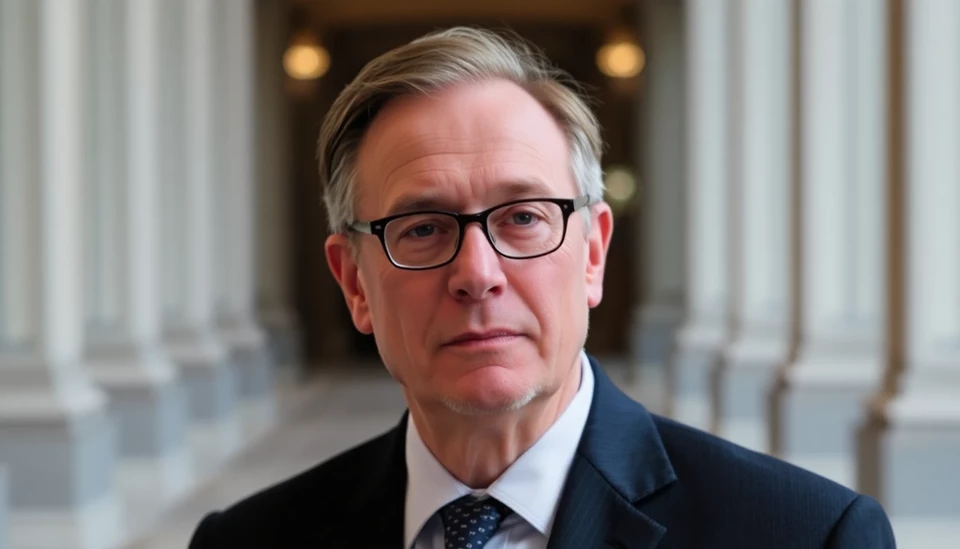
In a surprising turn of events, Austria's far-right political faction is zeroing in on climate-related initiatives as they seek to carve out an astonishing $6.4 billion in savings from the national budget. The recent push is not just a budgetary maneuver; it is a calculated strategy that reflects a broader skepticism towards climate policies that have been gaining momentum across Europe.
This political realignment comes as Austrian citizens increasingly express frustration over rising costs associated with environmental programs. The far-right is seizing upon these sentiments, arguing that financial resources should be redirected from what they term “ineffective climate measures” towards sectors perceived as more beneficial for the populace, such as healthcare and infrastructure.
The leader of Austria's far-right party, known for its populist rhetoric, has stated that the financial strain imposed by stringent climate protocols has long been unsustainable. This perspective is gaining traction among voters who are feeling the financial pinch during challenging economic times. With inflation affecting everyday expenses, the party's recent proposals resonate with the electorate's growing concerns about their financial stability.
The ramifications of this strategic pivot could reshape the entire political discourse in Austria. Melting glaciers, rising temperatures, and extreme weather phenomena are often used as rallying points for climate activists, but the far-right is now flipping the narrative by questioning the efficacy and economic viability of such strategies. Their approach includes promises to eliminate or scale back various climate taxes and subsidies that they argue disproportionately affect lower and middle-income families.
Among the proposed cuts are extensive reductions to renewable energy subsidies, which have been seen as a cornerstone in Austria's transition to a greener economy. Critics warn that slashing these subsidies could deter investment in clean energy technologies and undermine progress that has been made in reducing carbon emissions.
As part of their broader agenda, the far-right is also advocating for a reassessment of Austria's commitment to international climate agreements. Their argument hinges on the belief that national sovereignty should take precedence over international climate obligations unless directly beneficial to the Austrian economy.
The political landscape in Austria is likely to be heavily influenced by upcoming elections, where these proposals will be front and center. The potential back-and-forth between the government's climate agenda and the far-right's budgetary focus could lead to significant electoral implications, drawing in radical opinions from both sides of the spectrum.
This political shift is not happening in isolation; it reflects a worrying trend witnessed across Europe, where various far-right movements are increasingly targeting climate policies. The success of such movements may embolden them further, leading to similar approaches being adopted in neighboring nations grappling with economic hardships.
As Austria stands at a crossroads, it will be essential for citizens to engage with and critically assess the implications of these budgetary proposals. The choices made in the coming months could have a lasting impact on Austria’s environmental policies and economic future.
#Austria #ClimateChange #FarRightPolitics #Savings #EconomicPolicy #EnvironmentalImpact #Election2025
Author: Rachel Greene




